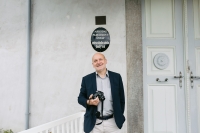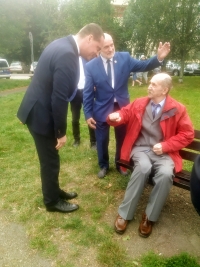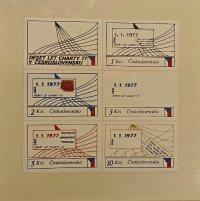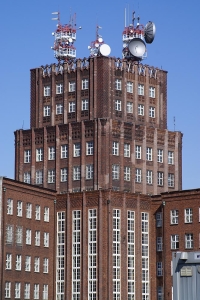Polish-Czech solidarity still has meaning, says the man who was changed by the Pope

Download image
He was born on 14 May 1957 in the small town of Nowa Ruda in Kladsko near the Polish-Czech border. He graduated from the local secondary technical polygraphic school and after graduation he joined the Graphic Works of Post and Telecommunications in Wroclaw in 1975. At the end of August 1980 he organised a strike at the plant in support of the strikers in the Gdansk shipyard and became a member of the Wrocław Interfactory Strike Committee, which gave birth to the independent trade union movement Solidarity. After the declaration of martial law on 13 December 1981, he organised a strike at the company, for which he was arrested and dismissed. He refused an offer to travel to the West and moved back to Nowa Ruda, where he joined the production of Dior radios. He participated in the publication of the underground magazine Żólw (Turtle). From 1985 to 1990 he worked as a teacher and printer at the secondary technical school of printing in Nowa Ruda. In 1990 he founded the publishing house Ziemia Kłodzka and published the monthly Ziemia Kłodzka - From the Kłodzko Borderlands - Glatzer Bergland with articles in Polish, Czech and German. From 1990 to 2019 he was the chairman of the organizing committee of the Polish-Czech Days of Christian Culture. From 1995 to 2019 he headed the Polish-Czech-Slovak Solidarity Association. He was involved in regional politics and was a member of the Lower Silesian Regional Assembly from 2000 to 2005. In 2020, he initiated the naming of the Square of Polish-Czech-Slovak Solidarity (Skwer Solidarności Polsko-Czesko-Słowackiej) in Wrocław. He is the recipient of numerous Polish and Czech honours. He and his wife Ewa raised four children. In October 2023 he lived in Nowa Ruda.










